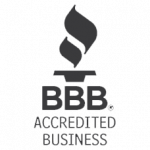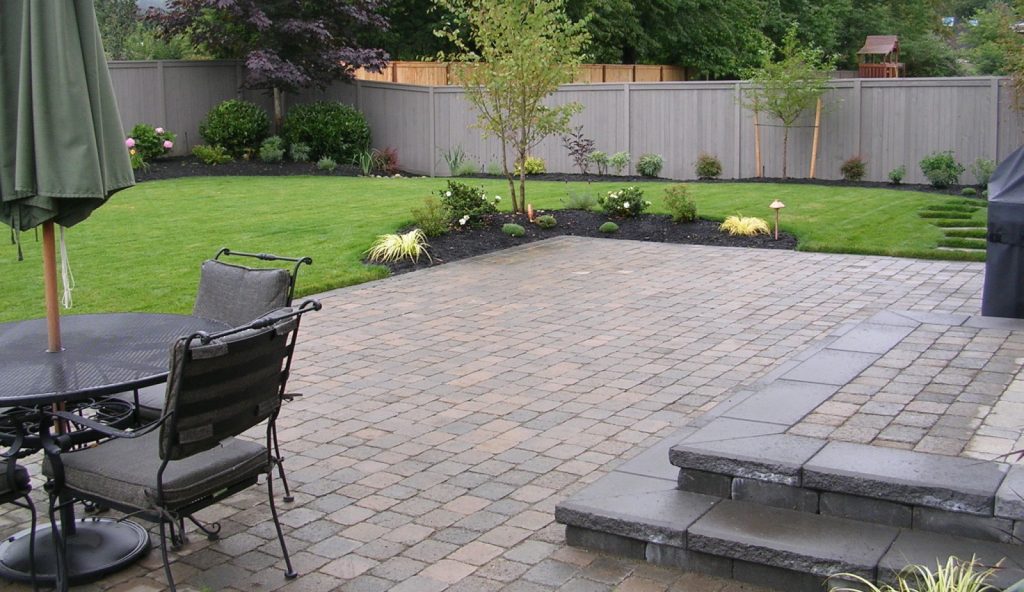The term “blacktop” for pavement no longer applies: You can have a green, red or other color asphalt surface for aesthetic and functional purposes.
The benefits of sealcoating an asphalt driveway are straightforward. First, it seals off small cracks that, with the intrusion of moisture, would otherwise grow into larger cracks and potholes. There is also an aesthetic benefit, where a deeper shade of the fresh seal, typically black, will give your property an overall crisp appearance.
But it’s also possible to inject color into a sealcoating. This is colored pavement seen on some tennis courts (in green, usually), on marked urban bike lanes (also green in most cities), basketball courts, or commercial driveways and parking lots as a means of indicating where to park or walk and other functions.
In residential settings, a colored seal coating can be applied to achieve a decorative scheme. For example, to provide definition to play areas and games, such as hopscotch or a shuffleboard. It’s also possible to match the driveway or parking areas (or contrast with) the color of a stone or shingle tone on the home or garage or other dominant feature on the property.
The aesthetics of colored seal coatings can also serve some important functional goals. The colored seal surface is smoother than standard asphalt pavement, therefore it is easier to clean; that is a benefit in light commercial as well as residential applications. A lighter color (lighter than black) will absorb and retain less solar heat, which many people prefer, particularly if their driveway is unshaded and on the south or west sides of their properties (which would otherwise hold heat into the cooler evening and nighttime hours).
Another advantage of colored seal coating is it does not need to be reapplied annually, as most last at least five years.
But be aware of traveling hucksters who claim to be able to seal coat your driveway on the spot. This is a common scam, typically involving a cold call sales person with a truck (out of state licenses are a dead giveaway) who will claim they are offering a special deal that day in your town or neighborhood. Where a true seal coating needs a professional application by someone with a truck-borne mixer, the scam artist will instead use a watered-down sealant or used (waste) motor oil to give the appearance of a seal, likely administered from pails or small spray devices.
Proper seal coat is made of coal tar or asphalt, water, and silica sand or other fine aggregate. In some municipalities environmental concerns have led to the banning of coat tar-based sealants that contain a compound known as PAHs (polycyclic aromatic hydrocabons), a factor not found asphalt-based sealants. Retailers including Home Depot, Lowe’s, Ace and United Hardware have discontinued carrying coal tar sealants, and this type of sealant is largely used only in the eastern half of the US. Water-based seal coatings are readily available.





